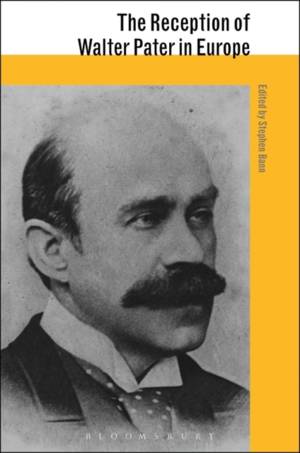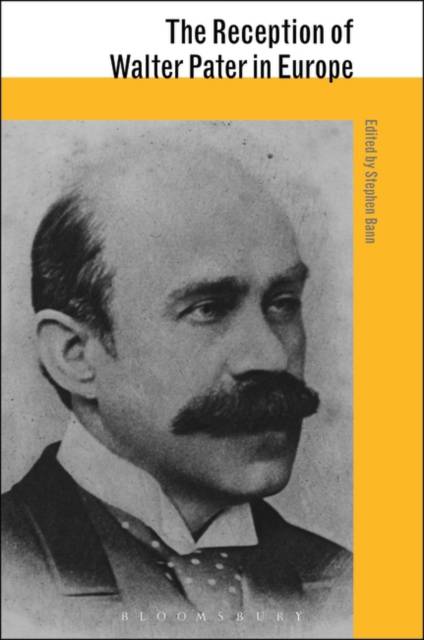
Bedankt voor het vertrouwen het afgelopen jaar! Om jou te bedanken bieden we GRATIS verzending (in België) aan op alles gedurende de hele maand januari.
- Afhalen na 1 uur in een winkel met voorraad
- In januari gratis thuislevering in België
- Ruim aanbod met 7 miljoen producten
Bedankt voor het vertrouwen het afgelopen jaar! Om jou te bedanken bieden we GRATIS verzending (in België) aan op alles gedurende de hele maand januari.
- Afhalen na 1 uur in een winkel met voorraad
- In januari gratis thuislevering in België
- Ruim aanbod met 7 miljoen producten
Zoeken
Omschrijving
Just over a century after his death, Walter Pater's critical reputation now stands as high as it has ever been. In the English-speaking world, this has involved recovery from the widespread neglect and indifference which attended his work in the first half of the twentieth century. In Europe, however, enthusiastic disciples such as Hugo von Hofmannsthal in the German-speaking world and Charles Du Bos in France, helped to fuel a growing awareness of his writings as central to the emergence of modernist literature. Translations of works like Imaginary Portraits, established his distinctive voice as an aesthetic critic and his novel, Marius the Epicurean, was enthusiastically received in Paris in the 1920s and published in Turin on the eve of the Second World War. This collection traces the fortunes of Pater's writings in these three major literatures and their reception in Spain, Portugal, Poland, Hungary, and the Czech Republic.
Specificaties
Betrokkenen
- Auteur(s):
- Uitgeverij:
Inhoud
- Aantal bladzijden:
- 328
- Taal:
- Engels
- Reeks:
Eigenschappen
- Productcode (EAN):
- 9781441130402
- Verschijningsdatum:
- 1/05/2013
- Uitvoering:
- Paperback
- Formaat:
- Trade paperback (VS)
- Afmetingen:
- 156 mm x 234 mm
- Gewicht:
- 458 g

Alleen bij Standaard Boekhandel
+ 176 punten op je klantenkaart van Standaard Boekhandel
Beoordelingen
We publiceren alleen reviews die voldoen aan de voorwaarden voor reviews. Bekijk onze voorwaarden voor reviews.









